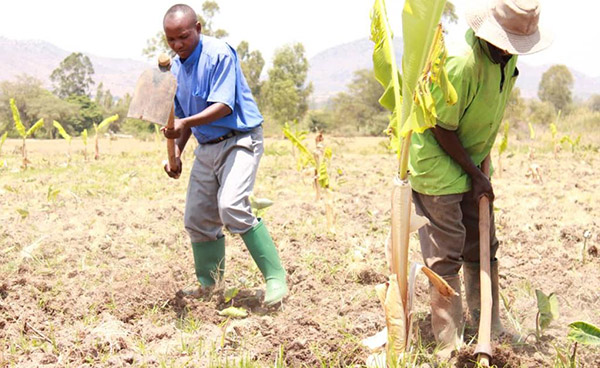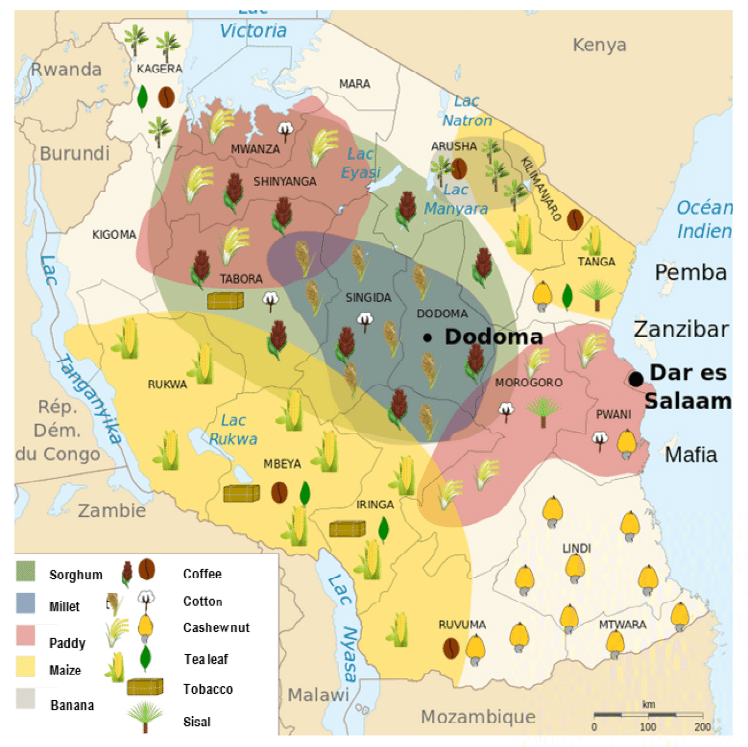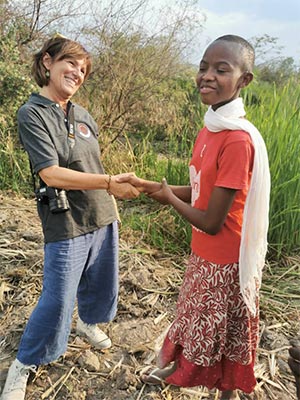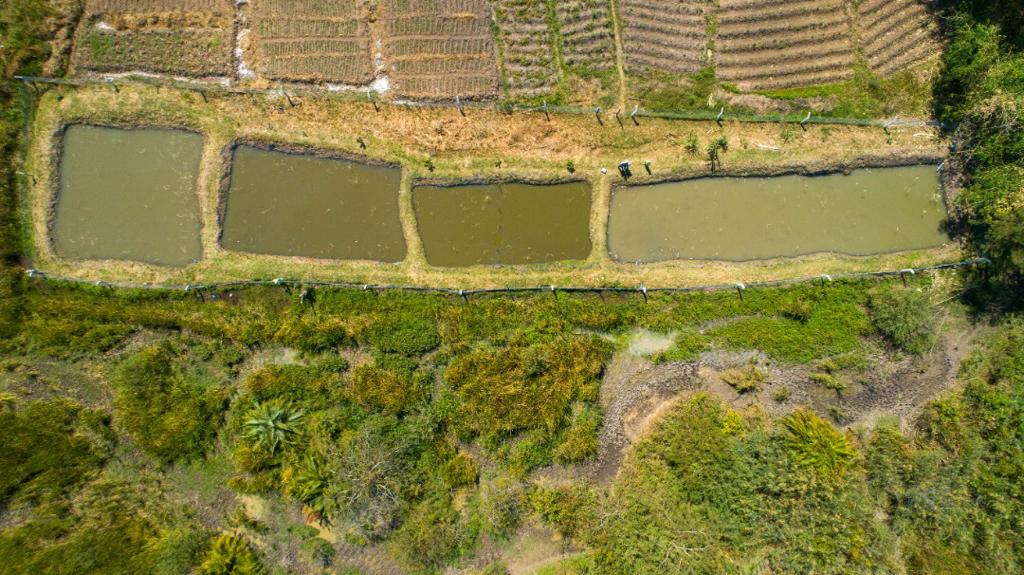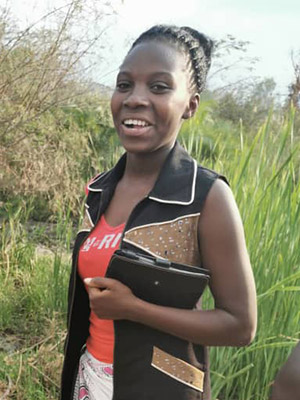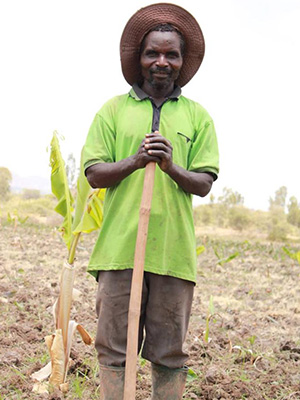3/Maintain ecological practices adapted to the crops
The agri-food practices used by BKF must also contribute to the preservation of natural resources by limiting environmental impacts and biodiversity by respecting natural environments and the different forms of life.
At present, BKF does not use any chemical fertilizers but only organic fertilizers, liquid manure, which is a mixture of animal waste and water. It has the advantage of being rapidly assimilated by plants so that there is no risk to the environment if there is too much. The nitrogen it contains in organic and ammoniacal form is quickly assimilated by the plant.
Thus, by these agricultural practices of exploitation coupled with a short circuit of distribution (farmers and local population, markets...), BKF favors the quality and the freshness of the produced food without additional cost added to the selling price.
4/Transmit these practices to the surrounding populations
BKF's agricultural team wishes to pass on its know-how, both to the young women it wishes to recruit in order to contribute to their empowerment, but also to local farmers so that they can increase their own productivity and, consequently, reduce their purchases of foodstuffs that are sensitive to the vagaries of the markets. Ultimately, this will increase agricultural production and improve the villagers' standard of living.
5/Training as a team to develop improved practices based on a common culture
The practices used by BKF are based on the know-how and experience of our team of local farmers, who are concerned with preserving natural resources and the interests of the villagers around a virtuous system that integrates: agronomic methods that respect the environment, a reduction in the price of food, the production of healthy food produced with respect for people, biodiversity and the rhythm of nature.
BKF thus participates in the fight against pollution and the risks of industrial agriculture. It promotes responsible and shared management of common goods.
The agricultural team benefited from a 5-day training in agroecology with SAT, Sustainable Agriculture Tanzania, focusing on the use of improved techniques of production and use of biofertilizers and bio-pesticides with locally available and low-cost materials. The training taught them the processes and value of bio-fertility regeneration for the sustainable production of healthy food that is affordable for consumers and profitable for farmers.
The BKF team is committed to obtain organic certification in the future.
This activity is part of BKF's "agricultural-fish farming" cluster, which has a dual objective :
- On the one hand, to support the development of existing family farming to feed its populations through local production and the strengthening of efficient short circuits. Indeed, in the long term, the strengthening of these short production circuits allows local populations to be less dependent on food purchases that are likely to vary in terms of cost and quantity. This guarantees the availability of locally produced food by limiting access to external purchases, as well as promoting local initiatives to strengthen access to food through viable and sustainable family farming, and sharing the benefits of an improved agricultural model that is sustainable and respectful of the environment and bio-diversity.
- On the other hand, to reserve the profits of the sales resulting from the production to serve the missions of BKF of assistance to the most vulnerable, the orphanages as well as the children with handicaps. To serve the interests of the community by financing projects to improve the daily life of the villagers.



